Google Gemini eases web surfing for users with vision and hearing issues
Android devices have offered a built-in screen reader feature called TalkBack for years. It helps people with vision problems to make sense of what ap
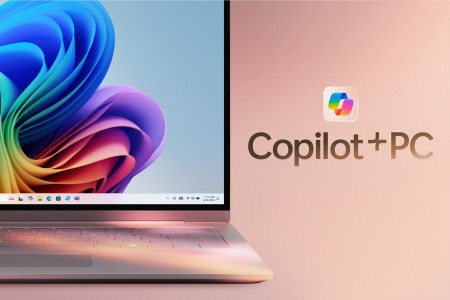
In a Windows Insider blog post, Microsoft announces some exciting new features coming to Windows 11, including Reading Coach integration, improved Voice Access, and AI-enhanced Search. These upgrades are part of preview build 26120.3872 in the Beta channel. However, some upcoming features will only be available on Copilot+ PCs, a new category of AI-powered devices that run on Snapdragon (ARM-based) chips.
Beyond the features highlighted in this preview, more Copilot+ features are already on the horizon. For example, Microsoft recently confirmed that Recall, which raised privacy concerns, is coming to Windows 11 in build 26100.3902 (KB5055627), now available in the Release Preview Channel. That means it’s just one step away from general release and likely to arrive soon on eligible Copilot+ devices.
So, what new features are coming to Copilot+ PCs, and how do you know if your PC will be compatible with them? Here’s a list of the upcoming features and who can access them.

One of the most practical new features in the update is the addition of Reading Coach to the Windows 11 “Click to Do” feature. This action uses AI to suggest context-aware tools. Microsoft says you can improve your reading fluency and pronunciation with the “Practice in Reading Coach” Click to Do action. You only need to highlight the text recognized by Click to Do on your screen, and then select the ‘Practice in Reading Coach’ option. Once you’re done reading, the Reading Coach gives you feedback and guides you on where there is room for improvement.
This is a valuable tool since it gives users a judgment-free way to improve their skills at their own pace. Applying the feedback helps build confidence over time. And, since the feature is always available on your Copilot+ PC, you can practice whenever it fits your schedule, which I find very convenient.

The fewer distractions you have when reading, the better, and that’s what Microsoft aims to deliver with Immersive Reader. You can access this feature the same way you would Reading Coach, and you can customize the text’s appearance by changing the font, size, spacing, or background theme. While Immersive Reader was initially designed to assist readers with dyslexia and dysgraphia, it offers helpful tools for everyone. For instance, the feature reads the text aloud for you, uses syllable breaks to split words, and highlights verbs, nouns, and adjectives. Another feature that visual learners will love is the picture dictionary option, which shows unfamiliar words with pictures to help users understand them more easily.
The picture dictionary feature is great since not everyone grasps information in the same way. I prefer visuals when learning something, since they help speed up the learning process. Who hasn’t understood something better when you were shown an image of what they meant?

Good news for Windows Insiders in the European Economic Area, since they can search for pictures saved in the cloud using their own words via the Windows Search box. For example, you can use words like ‘dog on the beach’ and get pictures that fit that description. Being able to search for a picture this way is a huge time-saver since not everyone can remember the exact name they gave a file to find it. The updated search brings together cloud and local results, so everything is displayed in one place.
Not too long ago, Microsoft announced this feature in a Windows Insider blog post that Windows Search would get an AI upgrade, allowing users with a Copilot+ PC with a Snapdragon processor to use both semantic and lexical indexing to search for specific photos. Although the feature is currently available for Snapdragon-powered Copilot+ PCs, Microsoft has confirmed that support for AMD- and Intel-powered PCs is coming soon, but a specific timeframe was not provided. I hope it’s sooner than later.

Voice Access in Windows 11 is getting smarter, and one of the most useful enhancements is the option to add specific words to the dictionary. If you use hard-to-pronounce or uncommon terms, adding them can help improve dictation accuracy. Even words you typically struggle with won’t be an issue anymore; you’re teaching it your personal vocabulary. Microsoft says this feature will be available in all currently supported languages, including French, English, Spanish, Chinese, and German.
Microsoft’s new features are genuinely helpful, especially for accessibility. Immersive Reader, for example, can make a real difference for users with dyslexia or dysgraphia. The only downside right now is that you’ll need a Copilot+ PC with a Snapdragon processor to use them. Hopefully, support for other Copilot+ PCs won’t be far behind. Tools like Picture Dictionary are a great example of how AI can make everyday tasks more intuitive, especially for visual learners.
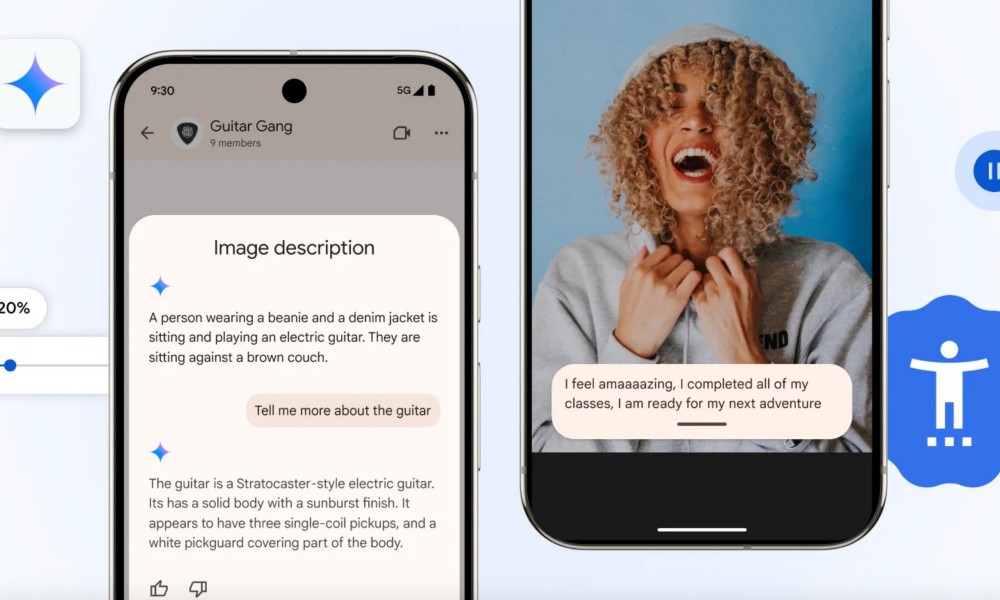
Android devices have offered a built-in screen reader feature called TalkBack for years. It helps people with vision problems to make sense of what ap
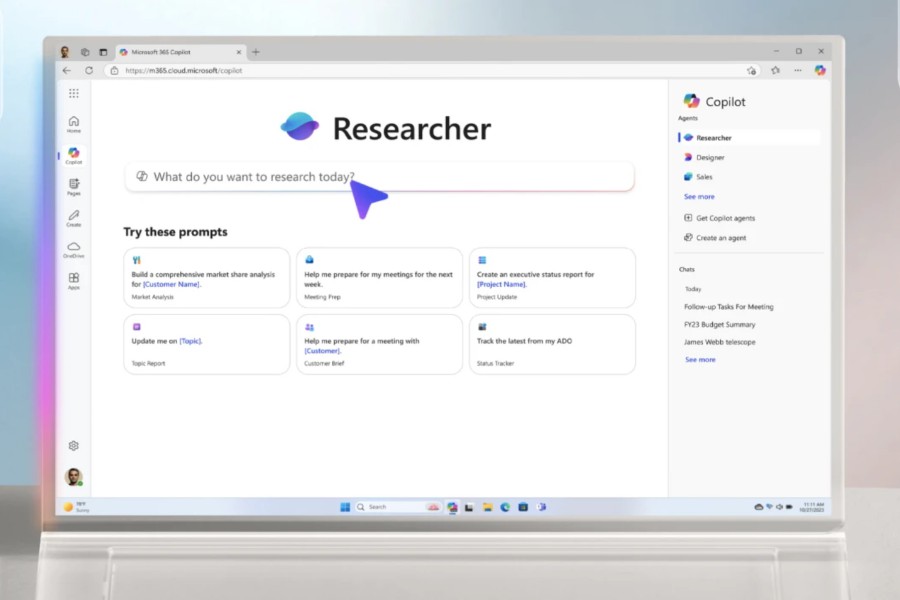
Microsoft is late to the party, but it is finally bringing a deep research tool of its own to the Microsoft 365 Copilot platform across the web, mobil

After only one day, OpenAI has put a halt on the free version of its in-app image generator, powered by the GPT-4o reasoning model. The update is inte

Our review of the M4 MacBook Air has just dropped, and it’s fair to say it’s one of the best laptops money can buy. For the first time ever, we gave i
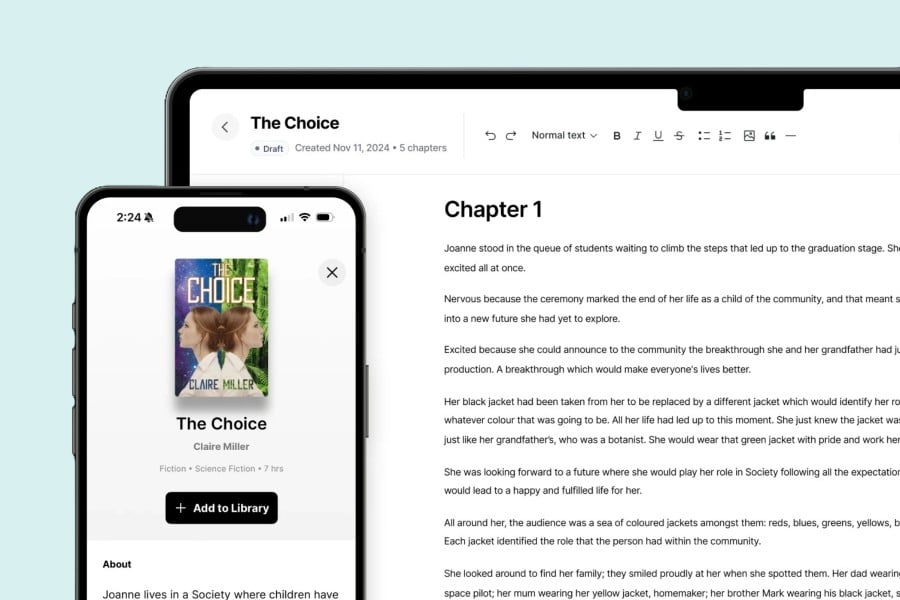
ElevenLabs, the buzzy New York-based company specializing in AI audio tools, is diving headfirst into the world of audiobook publishing. Merely days a

Apple’s progress with bringing AI to its hardware hasn’t exactly hit the same notes as the progress it has made with computing and wearable endeavors.
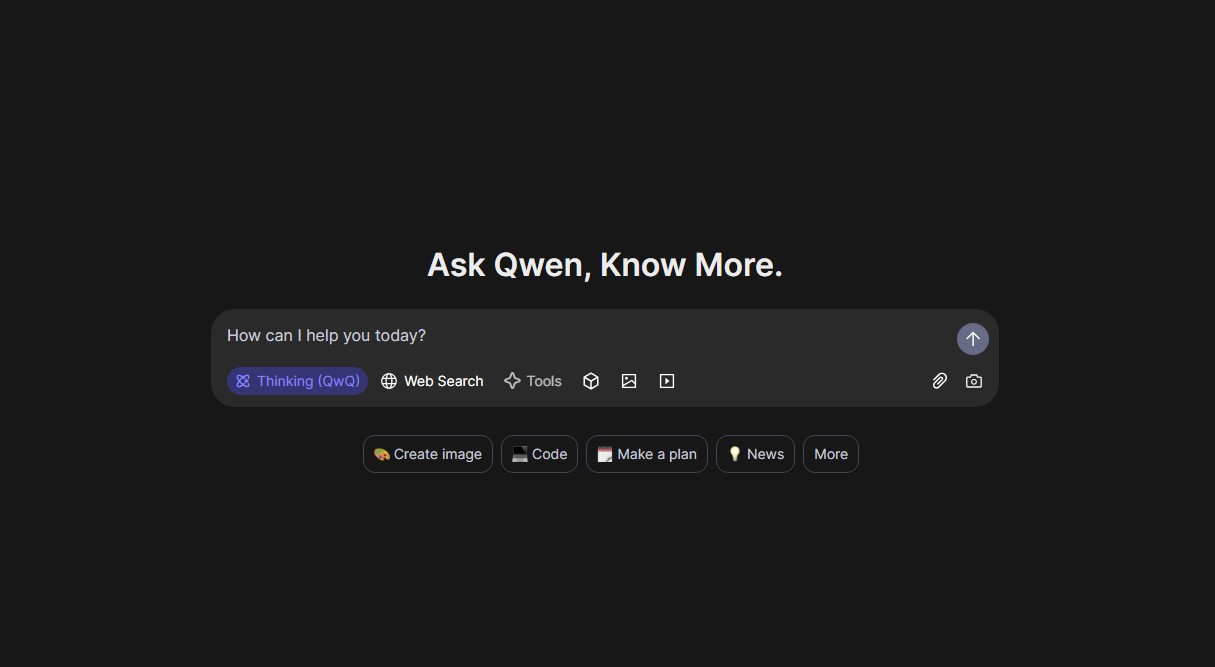
Alibaba has just unveiled its latest reasoning model, and it seems that DeepSeek and OpenAI might have something to worry about — at least if all of A

An AI expert has accused OpenAI of rewriting its history and being overly dismissive of safety concerns.Former OpenAI policy researcher Miles Brundage
We are a comprehensive and trusted information platform dedicated to delivering high-quality content across a wide range of topics, including society, technology, business, health, culture, and entertainment.
From breaking news to in-depth reports, we adhere to the principles of accuracy and diverse perspectives, helping readers find clarity and reliability in today’s fast-paced information landscape.
Our goal is to be a dependable source of knowledge for every reader—making information not only accessible but truly trustworthy. Looking ahead, we will continue to enhance our content and services, connecting the world and delivering value.